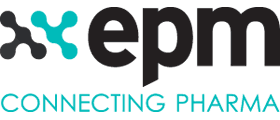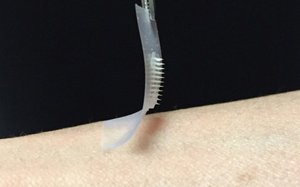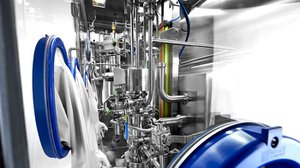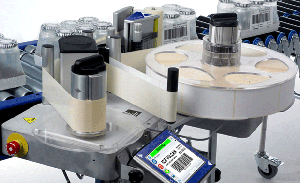Tablets
David Emm, principal security researcher at software and security group Kaspersky Lab, warns that the FDA's approval of 3D printing drugs is not necessarily a good thing.
"News that the FDA has approved 3D printing of drugs might provoke mixed reactions," says Emm. "On the one hand, the new production method allows precise dosage creation as well as drug combinations to be manufactured for specific cases. However, as with any new technology, there’s a downside.
He continues: “We have already seen news stories highlighting potentially contentious issues surrounding 3D printing; its being used to make guns for example. As this technology, which offers many benefits, becomes more widely available, there’s the possibility of it being exploited to create harmful things. It’s likely to be just as true in the area of drugs.
Emm goes on to explain: "Currently, drugs are manufactured in specially designed locations with rigorous controls and regulations. However, if the devices used to do this in the future have Internet connectivity, it raises the possibility of attackers altering the formulation of the drugs being printed to cause harm to those taking them.
He concludes: “The Internet of things, as we tend to call todays multitude of connected devices, has made our lives a lot easier and a lot more streamlined. However, it is not without its potential pitfalls, and this case highlights that where connected devices have a direct impact on our health and safety, stringent controls and checks must be applied in order to prevent malicious or accidental tampering.”




